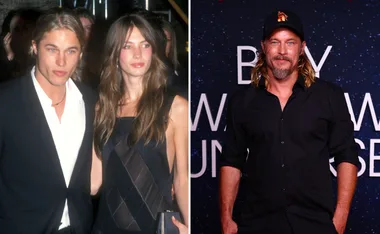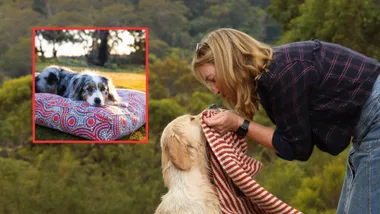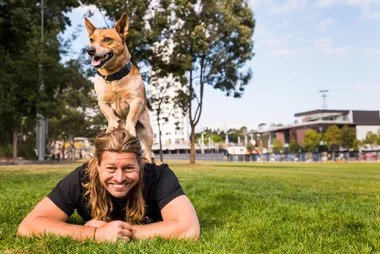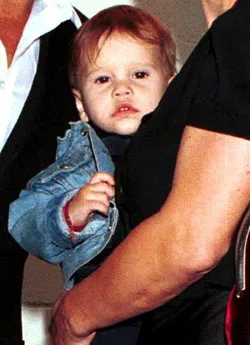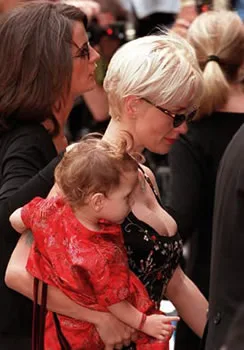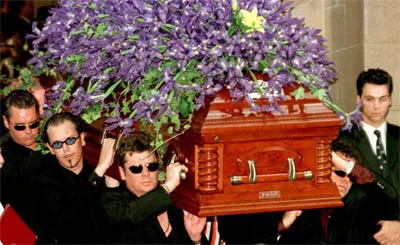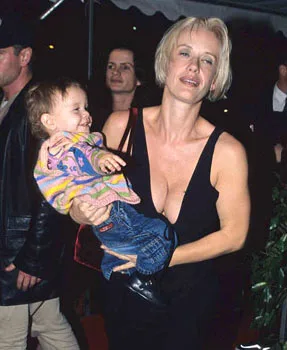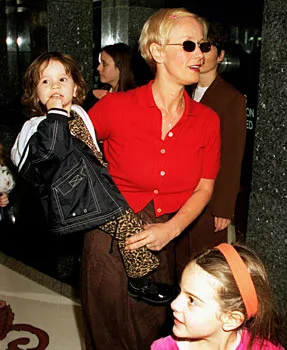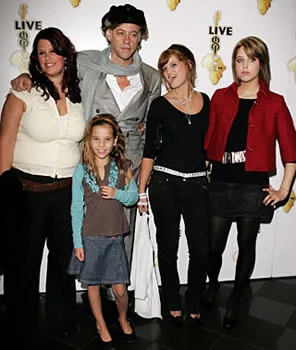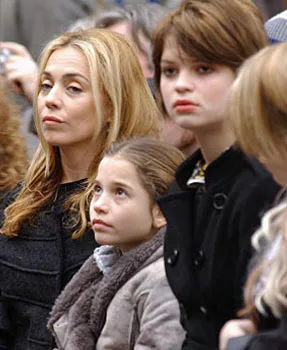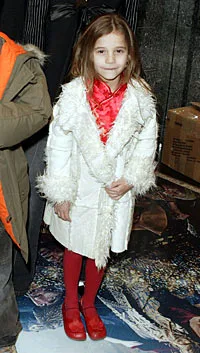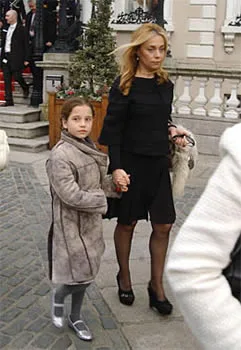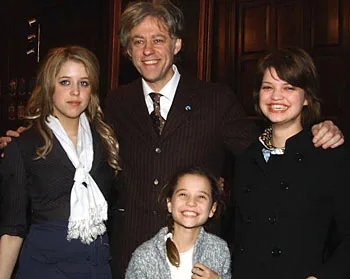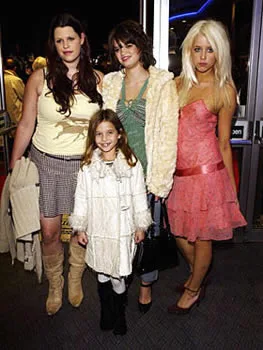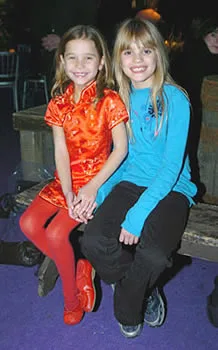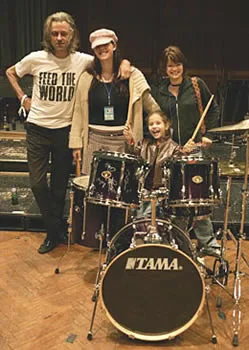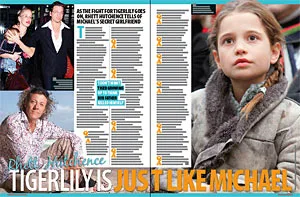Exclusive extract from A Question of Death (Allen and Unwin) by Kerry Greenwood.
Marrying The Bookie’s Daughter
‘Phryne,’ said Lindsay Herbert. ‘Will you marry me?’
Phryne Fisher had been drowsing, lying naked on her moss-green sheets with the young man’s head on her shoulder. Now she was shocked awake. She released Lindsay and slid down so that she could look into his face, and a highly inappropriate laugh was smothered at birth.
A golden boy, slim and beautiful, rising on one elbow to look earnestly into her green eyes, light hair curling away from a high forehead, round blue eyes, a sweet red mouth now drawn tight over white teeth. Her gaze left the face and slid down over the body. Lightly tanned skin lay smoothly over the slender musculature of a runner. Squared chest, flat belly, long legs.
‘Why, Lindsay, I…I don’t know what to say…’ Phryne groped for a response, mightily puzzled. What had brought this on? ‘I…I am very honoured, of course…’ ‘Well, what do you say?’ he demanded roughly. ‘Yes or no?’
She did not reply.
He sat up abruptly. ‘It’s time we got married,’ he stated.
‘Why?’ asked Phryne, reaching for her long dressing gown and pulling it on. It was patterned with green and scarlet macaws and suddenly it seemed gaudy. ‘Well, because…because we get on so well. I know I’m not very clever at law and things, but I’ve got excellent prospects…Father will give me a job in the firm…We could be very happy, Phryne.’
‘I thought that we were very happy.” Phryne was finding it hard to keep her countenance. ‘Get up, Lindsay, and we shall discuss it and have some tea. Look, it’s five o’clock – perhaps a cocktail as well.’
‘Yes or no?’ demanded Lindsay, not moving.
‘You can’t expect an instant answer to such an important question, Mr Herbert,’ Phryne said coldly. ‘I have said that we will talk about it.’
And she vanished into her dressing room to assume the usual habiliment of a lady going down to tea in her own house in 1928.
Lindsay was left alone. He swore explosively and scrabbled for his clothes. Half an hour later Phryne found herself entangled in an argument which even Mr Butler’s cocktails did not mitigate or unravel.
‘But why, Lindsay dear?’ We are perfectly all right as we are,’ she protested. ‘Damnation, old thing, we don’t need a reason for getting married! Everyone does it!’ the young man spluttered into his ginger beer. ‘I don’t know why you won’t say yes!’
‘It’s because I’m not clever, isn’t it,’ objected Phryne. ‘Not at all. I think you’re lovely just as you are. And you are quite bright, sometimes, thought not at the moment.’
‘It can’t be my prospects,’ he mused as Mr Butler refilled his glass and began unobtrusively to mop ginger beer off the couch. ‘It must be…it must be…’ He stared piteously up into Phryne’s eyes and whispered, ‘Another man.’
‘Lindsay, dear –’
‘No, that’s it, I see it all now,’ he said feverishly. ‘Another man, of course, a clever chap with lots of money – he’s the one you want.’
Phryne leaned over and took the glass firmly out of his hand. She was unable to account for this strange fervour, and was beginning to apprehend a scene. And she liked Lindsay, who was usually delightful, a good lover and an excellent and socially acceptable escort, who was rapidly rendering himself unfit for female company.
‘Now listen,’ Phryne planted herself on his knees to keep the young man still and took a fistful of the soft, light hair. ‘You listen to me, Lindsay. I am what I am and I behave as I wish and I will not be dictated to by anyone. If I want lovers, I take them. If I do not want to be married, I will not be married and there’s nothing you can do to make me! Do you hear?’
There were tears in the eyes of the flushed face turned up to hers. She did not release her grip.
‘Then the answer’s no?’
‘If it is?’
‘Then I’ll go away, Phryne, I’ll walk out that door and you’ll never see me again. I can’t go on like this. I’m never sure of you.’
‘And you’d be sure of me if I was married to you?’ She could not stop her eyebrows from rising.
The young man drew a long breath and said earnestly, ‘Yes. If we were married, then…’
Phryne judged him calm enough for her to resume her seat.
She did so, loosing a few flax-pale strands of hair from between her fingers as she listened.
‘Then?’
“If we were married, then you’d belong to me. I’d belong to you.’
‘And?’
‘Then we’d be happy.’
‘Because I belonged to you?’
‘Yes. You could sell this house and come and live with me. We could buy a big house in Toorak and have a country estate and a place near the sea and we’d have such larks. Phryne, just you and me, without a lot of people bothering us, I could finish law and go into Father’s office. In the winter we could go skiing, and sailing in the summer and –’
‘And we could have a little cottage with roses around the door and Old Mister moon peeping in through the window?’
‘Yes. You don’t have to say it in that tone of voice. It could be fun. Please, Phryne. I don’t want to lose you. You could give up all this detective work and go to parties with me, and the opera, and all sorts of jolly things, And we could have…children? Two, perhaps, eh? Lindsay Junior and a pretty little girl you must have been. Please say yes, Phryne. It came into my head because the pater is going on about being settled and the mater keeps introducing me to nice girls and…’
‘Well, what’s wrong with the nice girls?’
Phryne lit a cigarette. She didn’t want to break Lindsay’s ingenuous heart, so she was listening. Lindsay reached out and ran a skilled hand down her breast and heard gasps.
‘That’s what wrong with nice girls,’ he said simply. ‘They’re nice.’
Newsletter conversion description. Get the latest in your inbox.


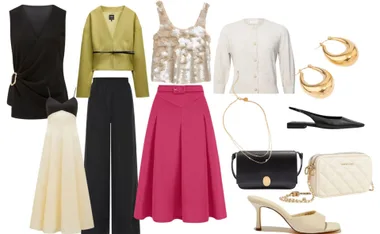
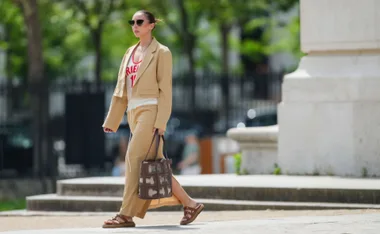
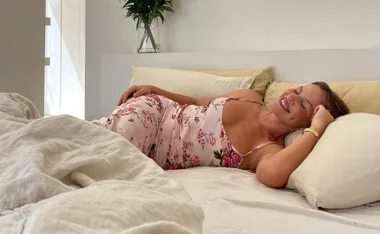
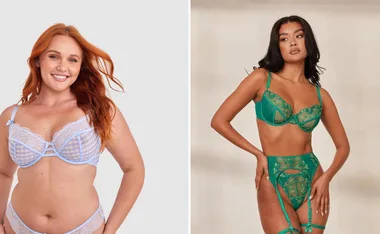
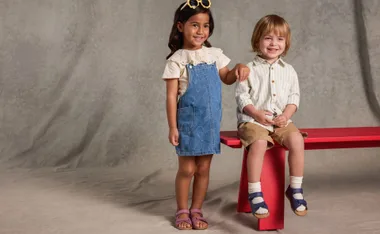

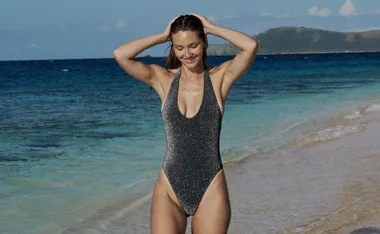
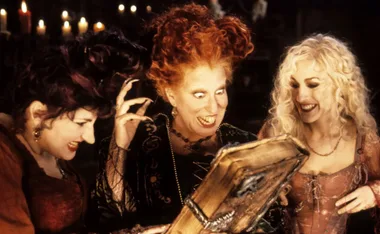
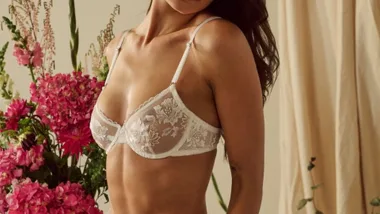


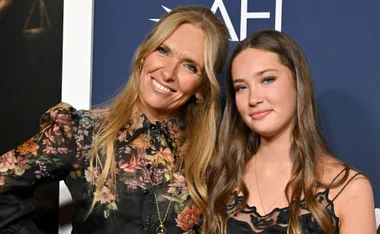

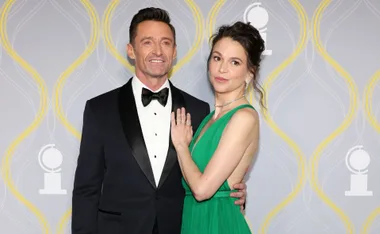
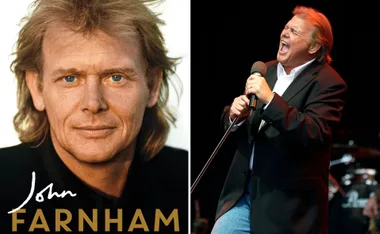

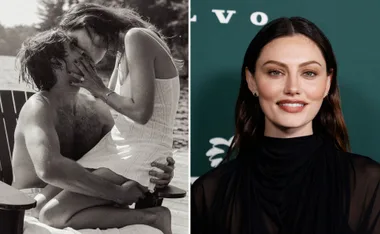
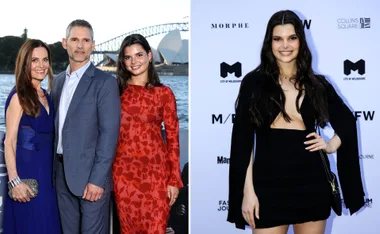
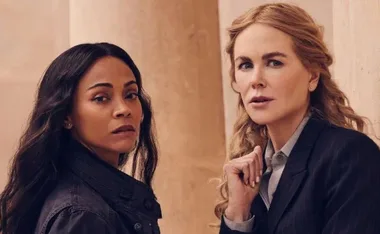
.jpg?resize=380%2C285)
